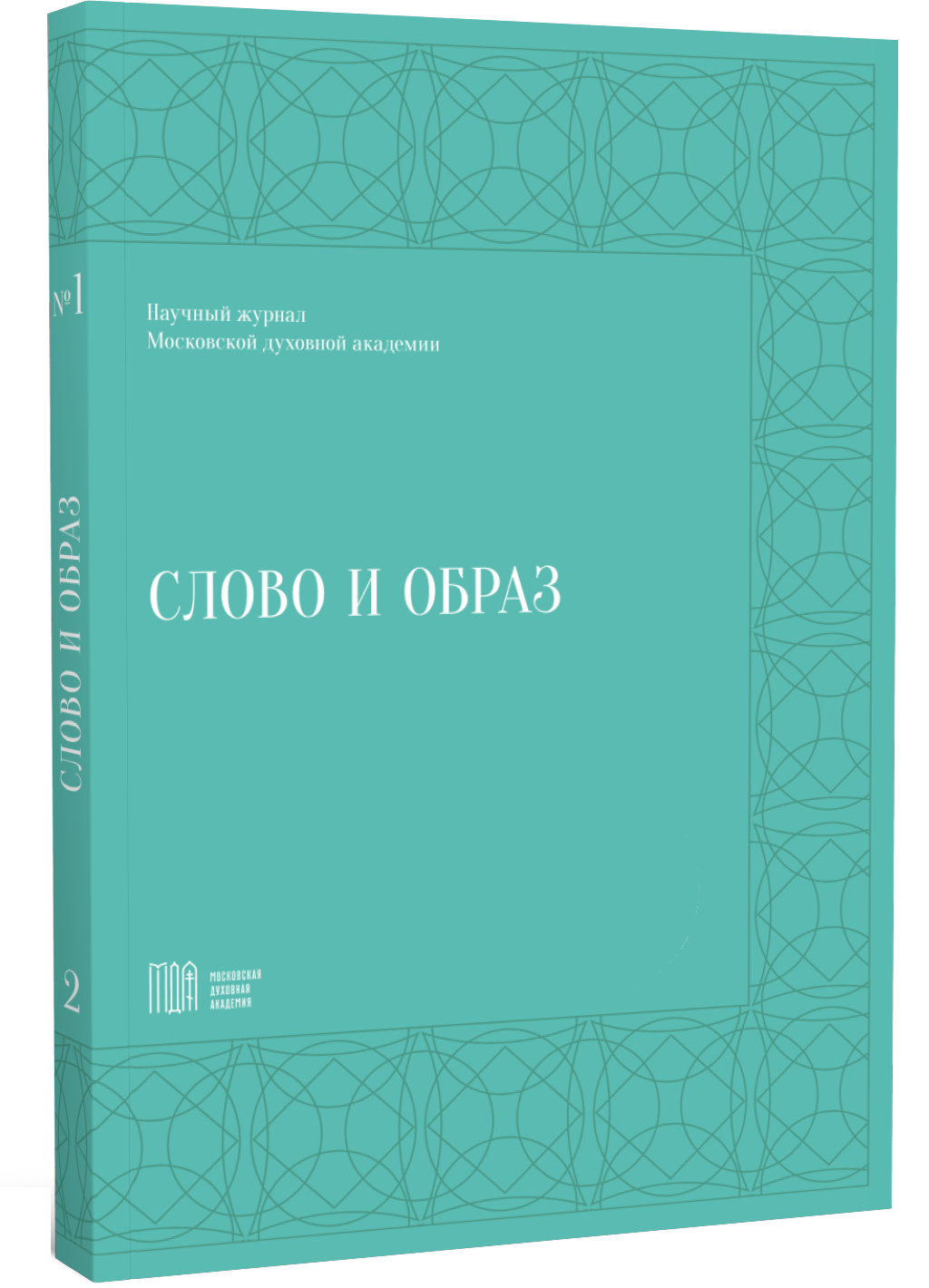Гностический характер учения Иисуса Христа в повести Л. Н. Андреева «Иуда Искариот»
DOI:
https://doi.org/10.31802/WI.2022.6.1.007Ключевые слова:
Л. Н. Андреев, Иисус Христос, Иуда, Евангелие, Демиург, Ф. М. Достоевский, смерть, предательствоАннотация
Имя Иуды Искариота на протяжении многих столетий является для христиан синонимом совершения того поступка, хуже которого быть ничего не может. Даже обнаруженное в середине XX века апокрифическое Евангелие от Иуды не отразилось на восприятии образа «тринадцатого апостола». Л. Н. Андреев не мог знать текста Евангелия от Иуды, и тем удивительнее выглядит его повесть «Иуда Искариот», написанная в 1907 году и демонстрирующая иной, отличный от общепринятого взгляд на события, имевшие место в Палестине во второй четверти I века. Исходя из этих фактов, целью исследования было поставлено приведение доказательства взгляда, согласно которому Л. Н. Андреев в своём произведении не только отходит от Православного канона, но и трактует образ Иуды и его взаимоотношения с Иисусом Христом с точки зрения гностического мифа. Основной методологический принцип, использовавшийся в исследовании, — текстологический анализ повести с опорой на актуальные научные исследования «русской философии» (в частности, творчества Ф. М. Достоевского), проводимые И. И. Евлампиевым — профессором Санкт-Петербургского государственного университета. В процессе проведения исследования и после достижения его цели перед автором открылось несколько перспективных направлений, требующих более тщательной проработки и детального исследования. Среди них, например, проблема источников, повлиявших на творчество Л. Н. Андреева (в частности, на написание повести «Иуда Искариот»).
Скачивания
Библиографические ссылки
Андреев Л. Н. Собрание сочинений: в 23 т. Т. 5: Художественные произведения. 1906–1907. М.: Наука., 2012.
Барт Д. Эрман Утерянное Евангелие от Иуды. Новый взгляд на предателя и преданного / пер. с англ. Ю. Д. Тулайковой. М.: АСТ, 2010.
Библиологический словарь в 3 т. Т. 1: А–И. / научн. ред. С. Рузер; редкол. Р. Адамянц, М. Селезнёв. М.: Фонд им. Александра Меня, 2002.
Евлампиев И. И. История русской философии. СПб.: РХГА, 2014.
Евлампиев И. И. Неискажённое христианство и его первоисточники // Соловьёвские исследования. 2016. № 4(52). С. 66–134.
Евлампиев И. И. Достоевский и Ницше: на пути к новой метафизике человека // Вопросы философии. 2002. № 2. С. 102–118.
Еськова А. С. Апокрифический образ Иуды в рассказе Л. Андреева «Иуда Искариот» / Еськова А. С. Мировая литература глазами современной молодёжи: Сборник материалов международной студенческой научно-практической конференции, Магнитогорск, 25 ноября 2016 года. Магнитогорск: Магнитогорский государственный технический университет им. Г. И. Носова, 2016. С. 243–247.
Ириней (Лионский), свт. Против ересей. Доказательство апостольской проповеди / пер. прот. П. Преображенского, Н. И. Сагарды. СПб.: Изд. Олега Абышко, 2008.
Новый завет. Свято-Троицкая Сергиева Лавра. Сергиев Посад: Патриарший издательско-полиграфический центр. 2003.
Ширванова Э. Н., Гаджиева Р. М. Образ Иуды Искариота в контексте канонического и апокрифического Евангелия в одноимённой повести Леонида Андреева // Вестник Дагестанского государственного университета. Серия 2: Гуманитарные науки. 2018. Т. 33. № 4. С. 50–58.
Загрузки
Опубликован
Как цитировать
Выпуск
Раздел
Категории
Лицензия

Это произведение доступно по лицензии Creative Commons «Attribution-ShareAlike» («Атрибуция — На тех же условиях») 4.0 Всемирная.





